Adonis Creed (Michael B. Jordan) has fighting in his genes. He drifted in and out of juvenile delinquent centers as an orphaned child until being found one day by Apollo Creed’s widow (Phylicia Rashad). From there, Coogler shrugs off any cliches about films that heavily advertise leading black roles as Adonis grows up with his adopted mother’s money and didn’t have to fight his way out of poverty. He ditches his office job in Los Angeles to pursue his passion for boxing in Philadelphia, where he tenaciously seeks out the mentorship of Rocky Balboa.
Creed’s possibly greatest strength lies here. Reprising his career-defining role, Sylvester Stallone delivers a surprisingly excellent performance as Rocky Balboa, this time as a supporting role. Coogler defies the familiar tale of an aging movie star returning to his own franchise and being lauded by giving Balboa a tragic story of lost love and strength. He uses Balboa as a meditation on mortality and presents a refreshing take on how revival films can be their own movie and not just gaudy cash-grabs or rehashed stories with uninspired African-American focus.
Adonis Creed goes by Adonis Johnson for most of the movie because he wants to make a new name for himself rather than live up to his daddy’s. It’s a new internal conflict added to the series, like how Rocky’s biggest enemy was always himself. Creed pays homage to Rocky here and there, even having Adonis fight himself in the mirror and run past Adrian’s, but alternatively always steers it’s own way. Adonis’s romantic subplot with a local R&B singer (Tessa Thompson) evolves believably but doesn’t take up too little or too much of the movie’s time. The tearjerking parts aren’t focused on Adonis and his girlfriend, but on Adonis against himself and his legacy. He wants to be remembered more than just as Apollo’s illicit child, to make up for the childhood spent in prison cells. Coogler ditches his emotional manipulativeness from Fruitvale Station to just let the chemistry between Jordan and Stallone work itself into the audience’s hearts. Jordan gives a career-defining performance as he puts his grade-A sensitivity and toughness on display, and Stallone is also wonderful as he returns to the keen Rocky Balboa he was in the original film and not the half-present Rocky he was in all the following sequels.
Known also for her work in 2008’s The Wrestler, Maryse Alberti’s camera in Creed is sometimes dizzying but mostly meant to amp up the hype. She slowly circles around the boxing matches, gaining momentum as the fight does. As all other fighting movies, Creed is super visceral; making me wince at all the sucker punches to the jaw and feel the utmost relief to see an enemy knocked down. Coogler also waits until the best moment to drop the Rocky theme song and the audience around me (press members included) cheered and clapped as elation just washed over the theater.
Creed is a knockout with it’s performances, camerawork, and unique twists on the original Rocky movies. Coogler brings a much-needed energy with his direction, creating feel-good moments between characters and audiences alike with montages soundtracked by life-affirming rap music. Jordan is stellar as the conflicted but passionate Adonis Creed, and he has a true connection with Stallone’s Rocky. They march up the famous steps of the Philadelphia Museum of Art together, not at all in a show-off way but to prove to themselves that they can. Nothing in Creed is sugarcoated, it’s all pretty bloody and fierce; a character says to Adonis at one point, “We’re not singing, we’re not dancing- we’re fighting.” Every moment feels sincere and understood and Creed proves that not all revamps these days have to owe themselves to their predecessors.
GRADE: B+
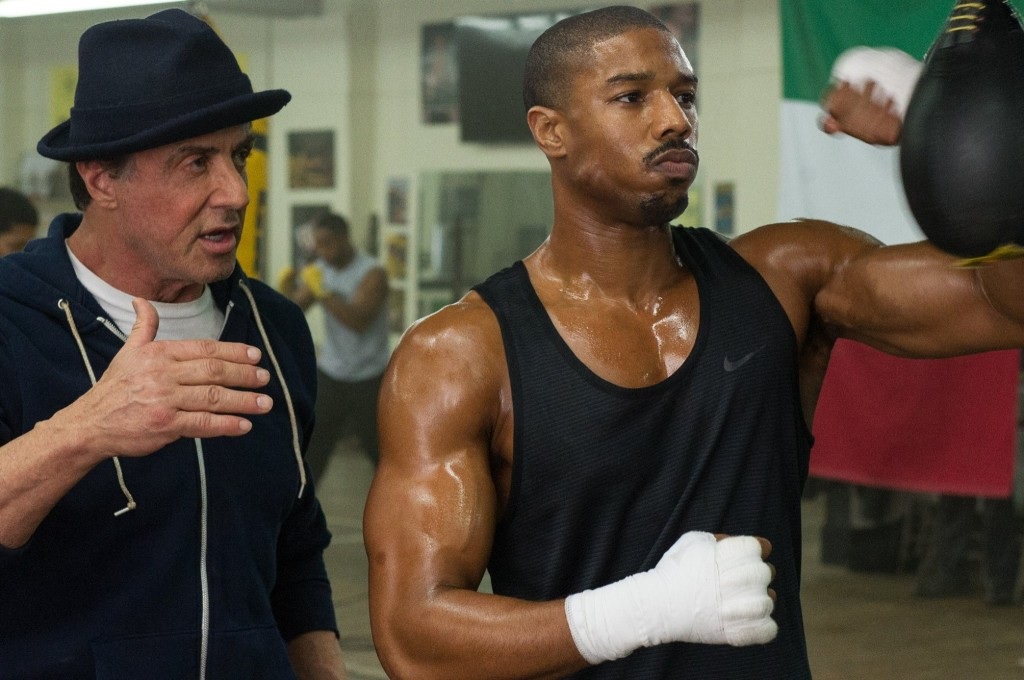
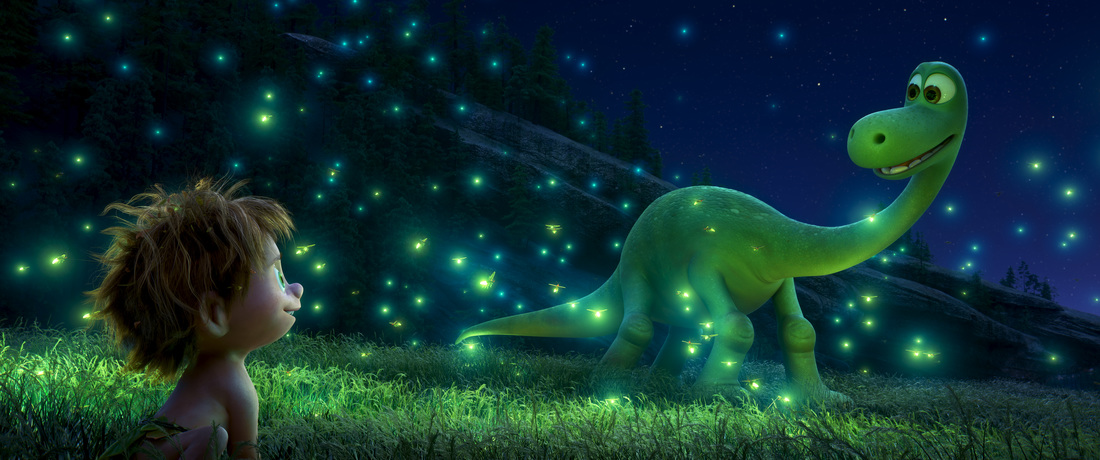
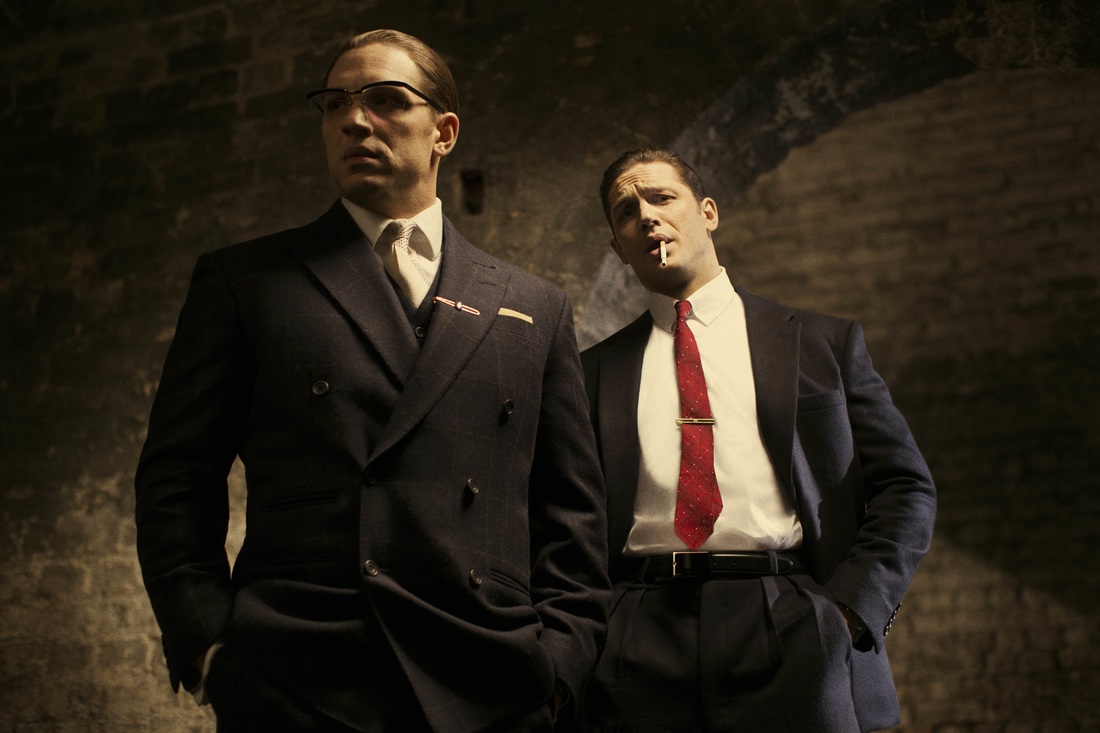
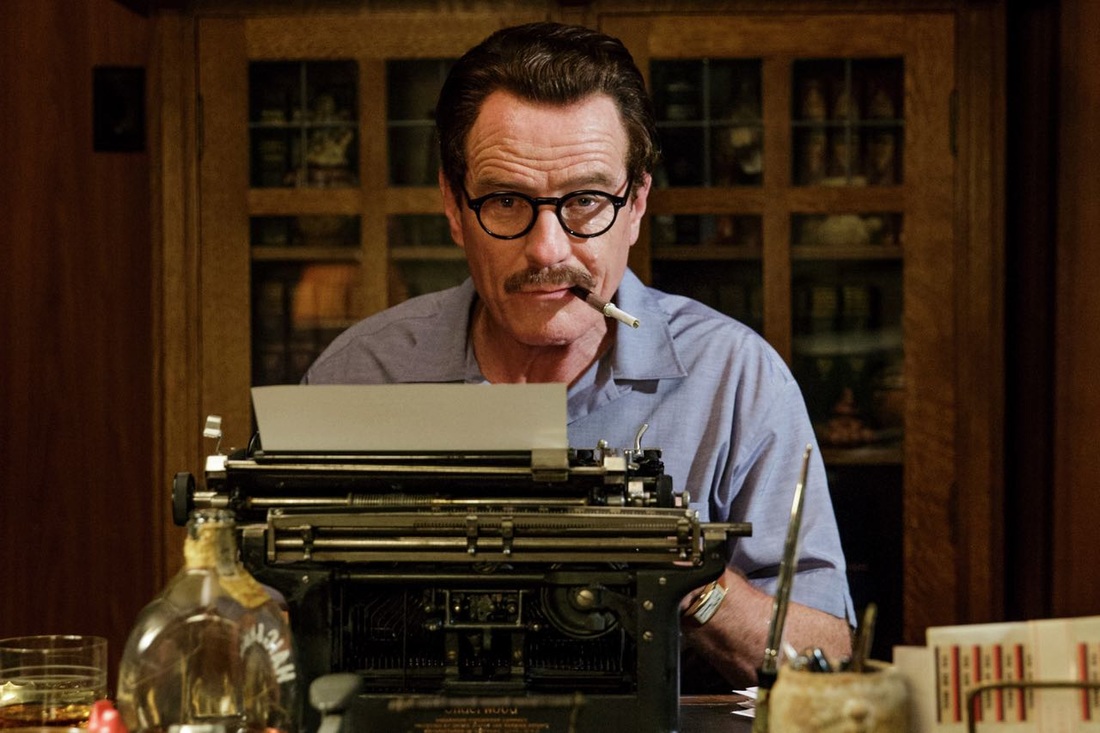
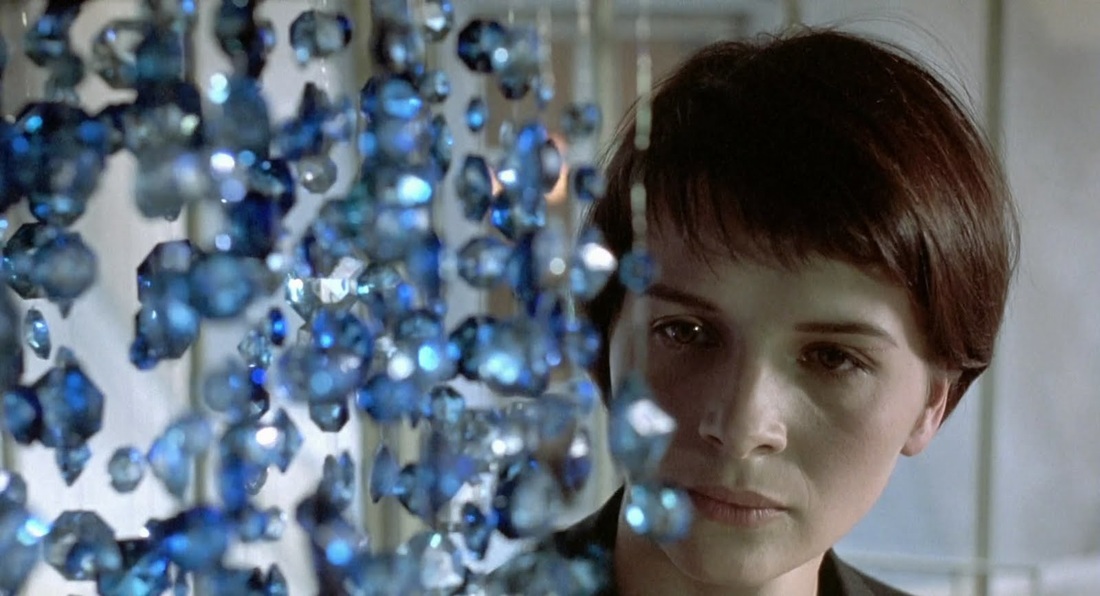
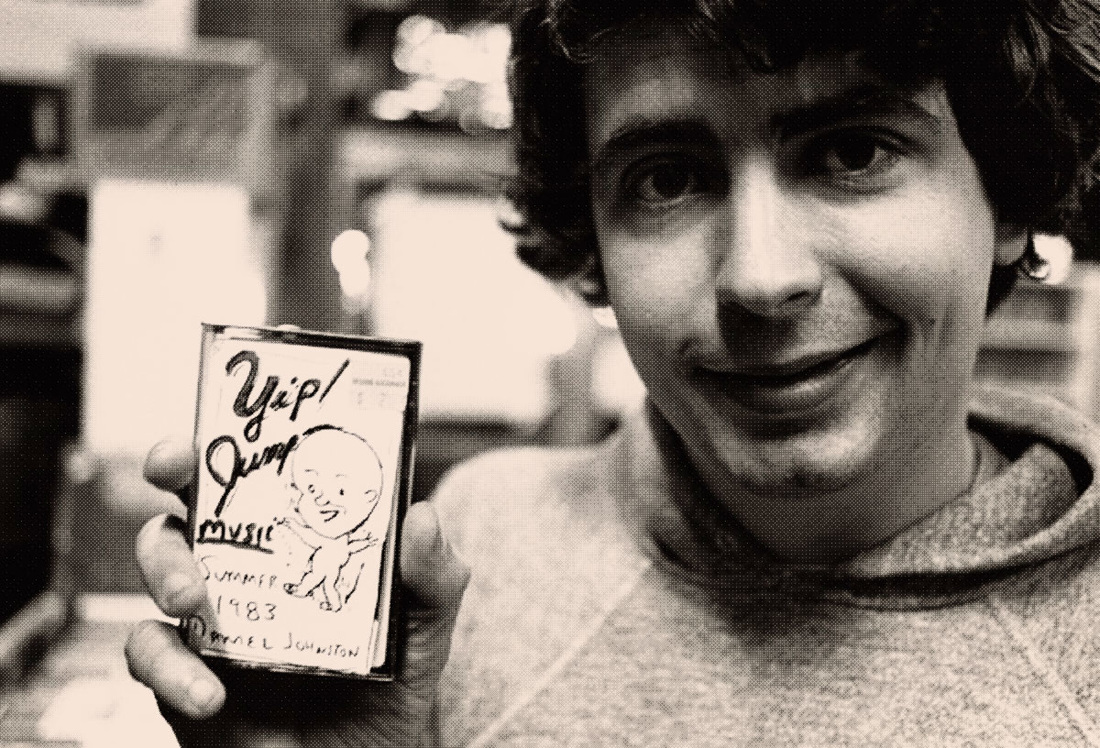
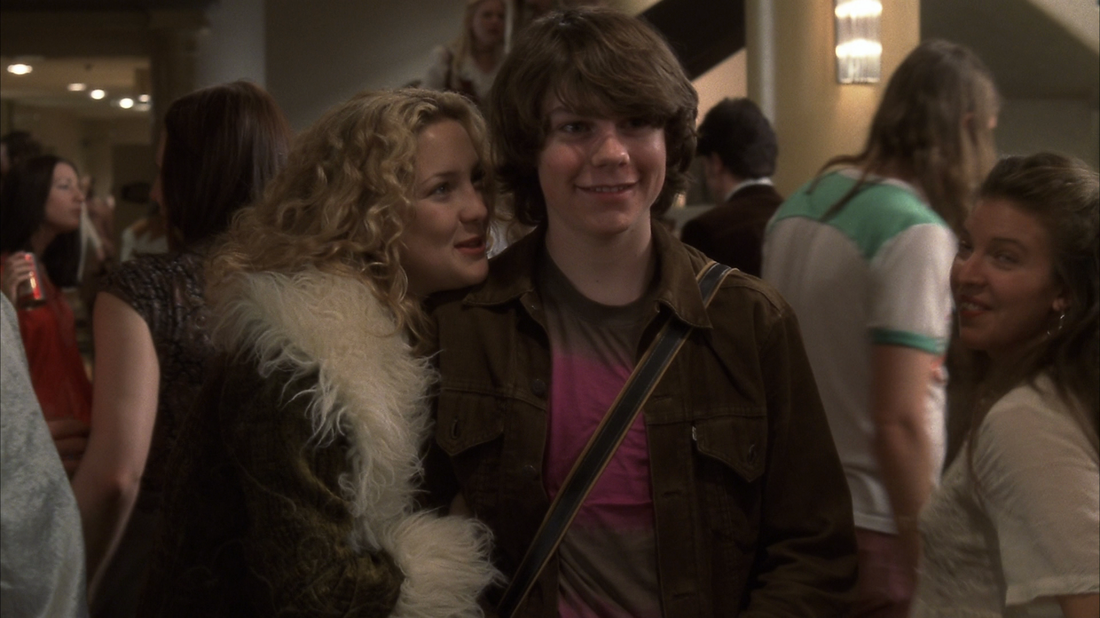
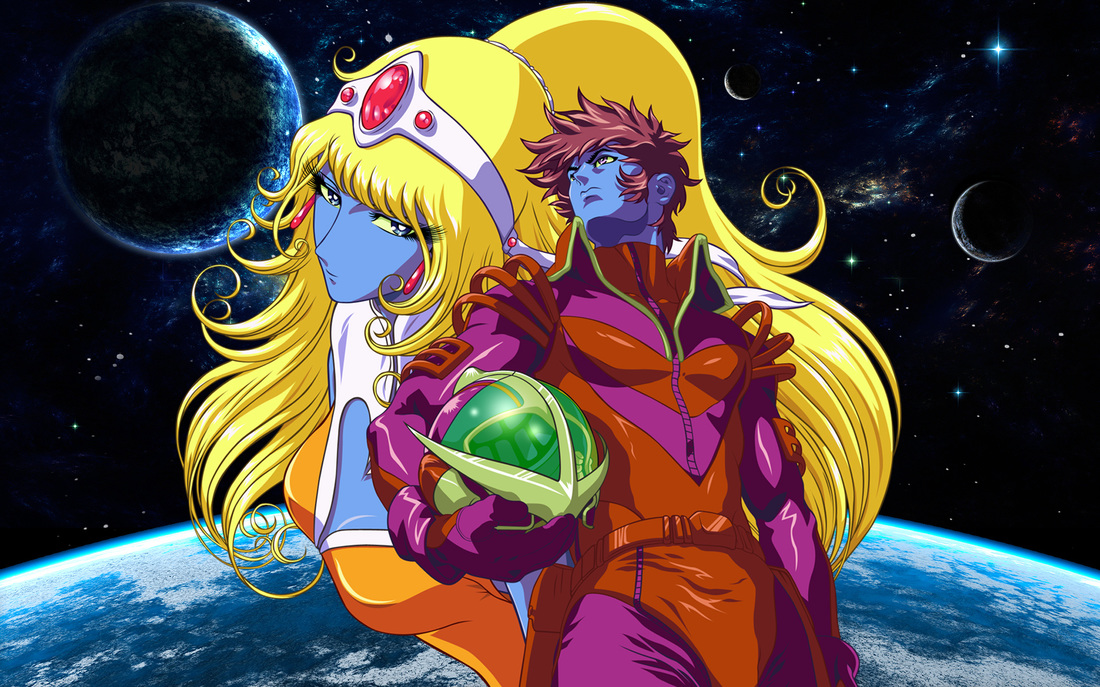
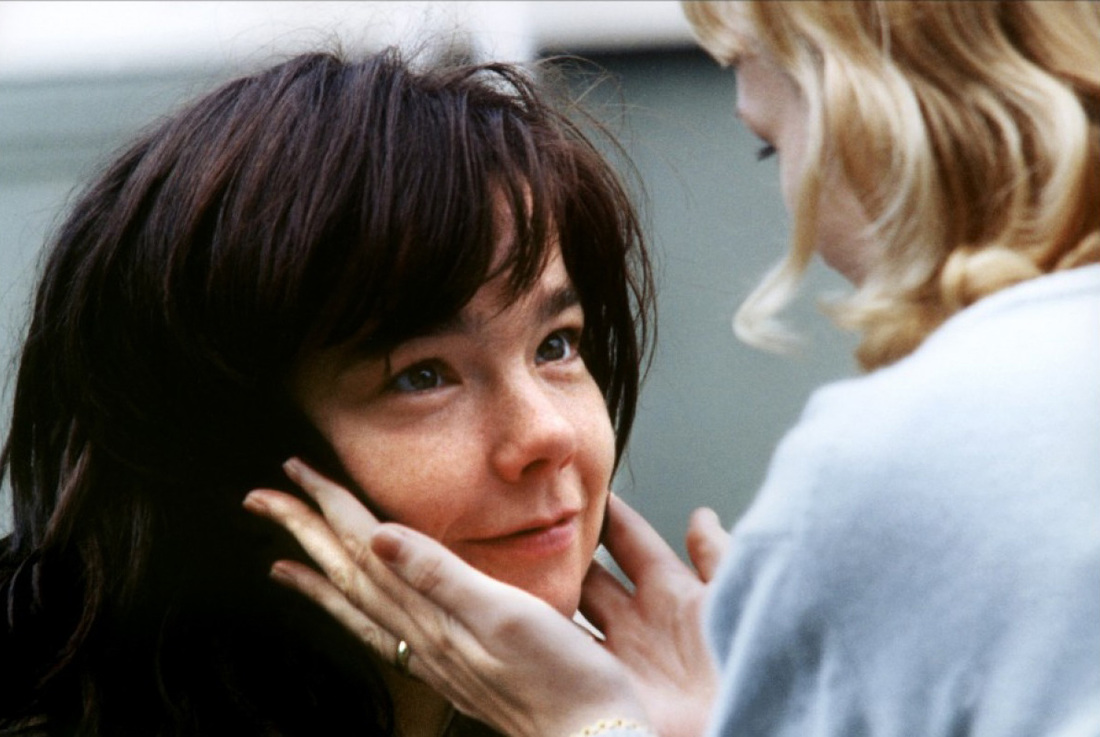
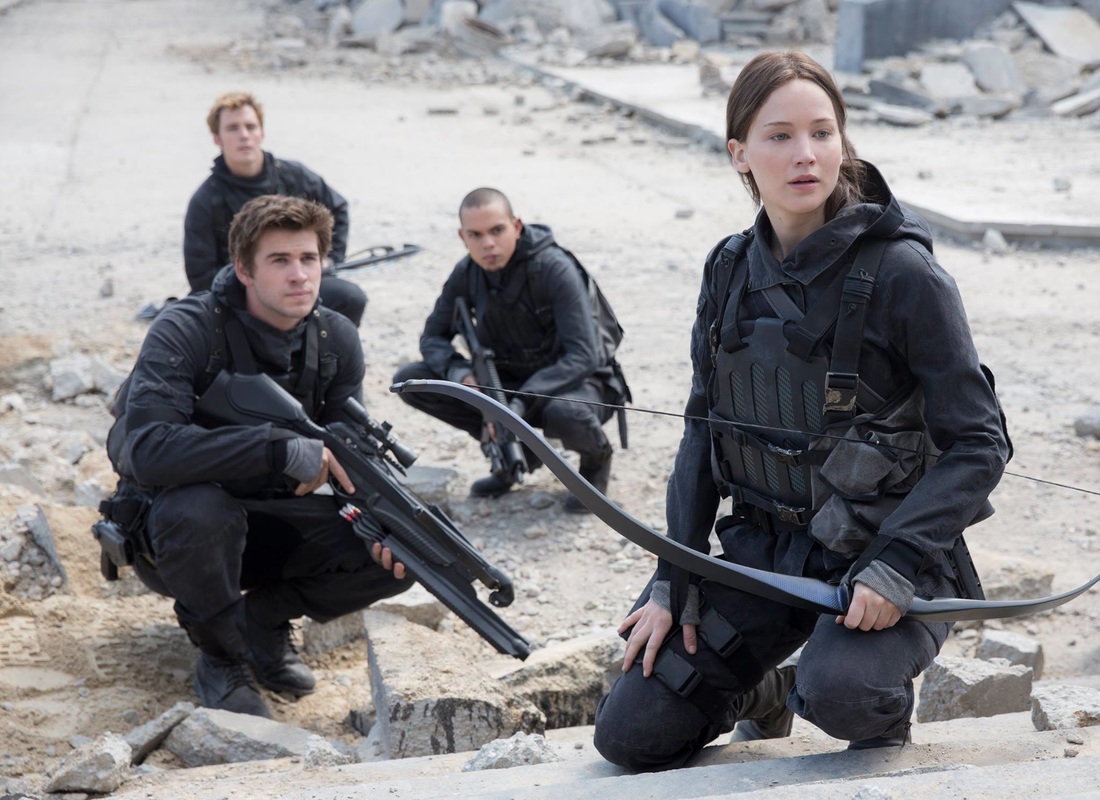
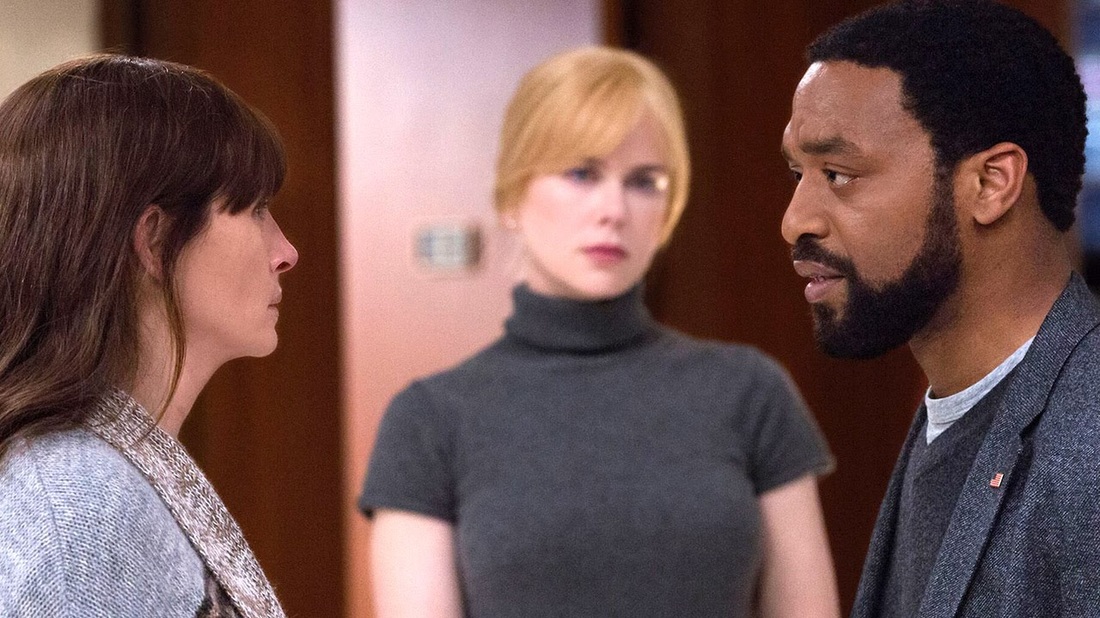
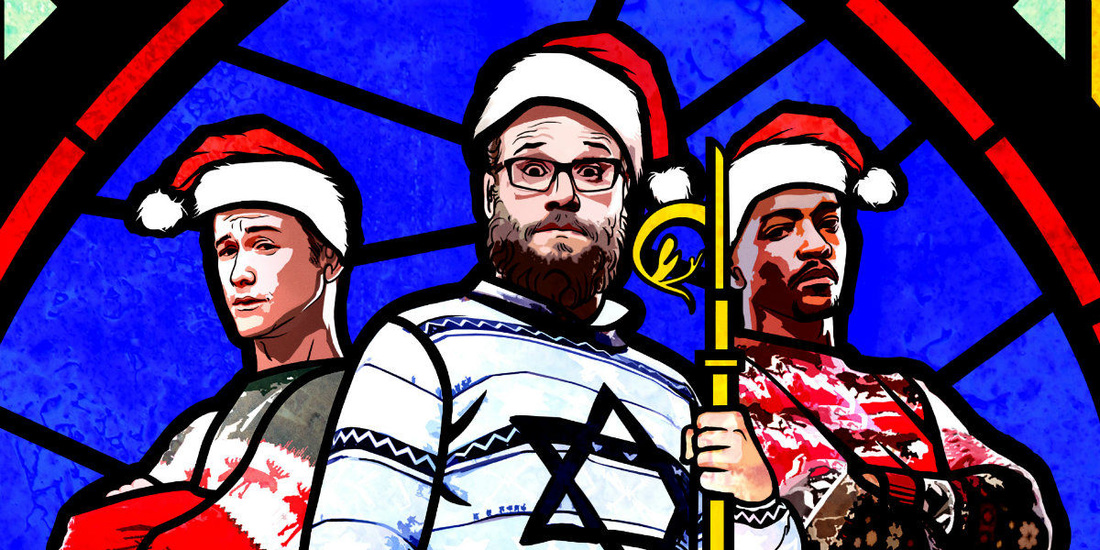
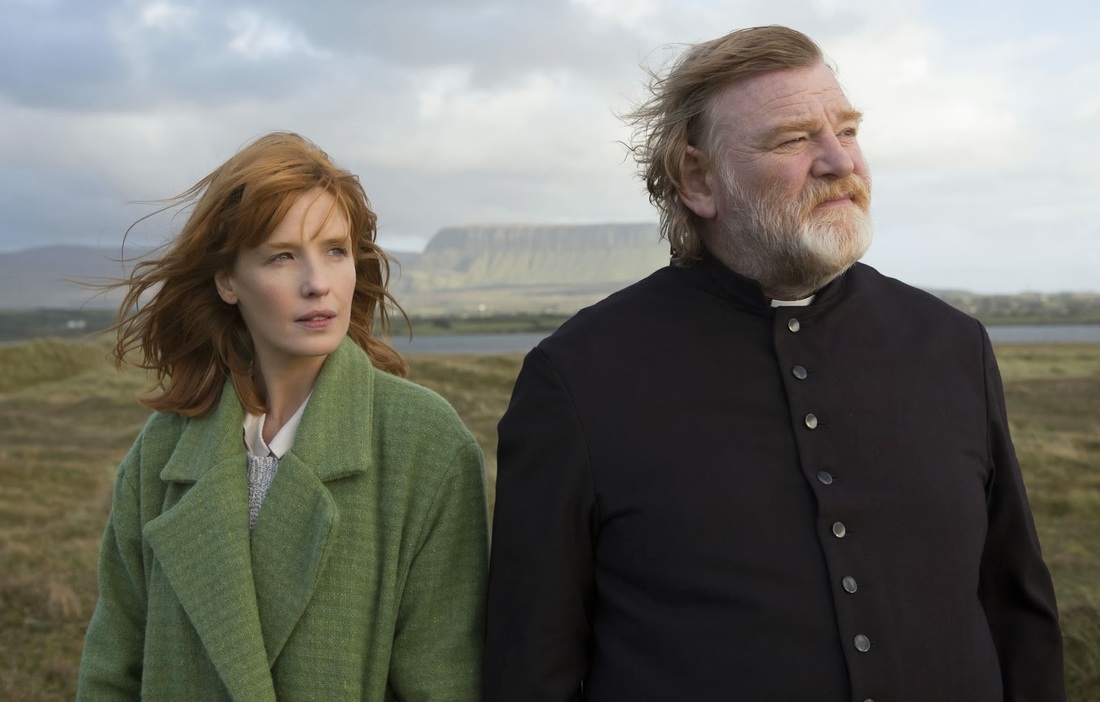
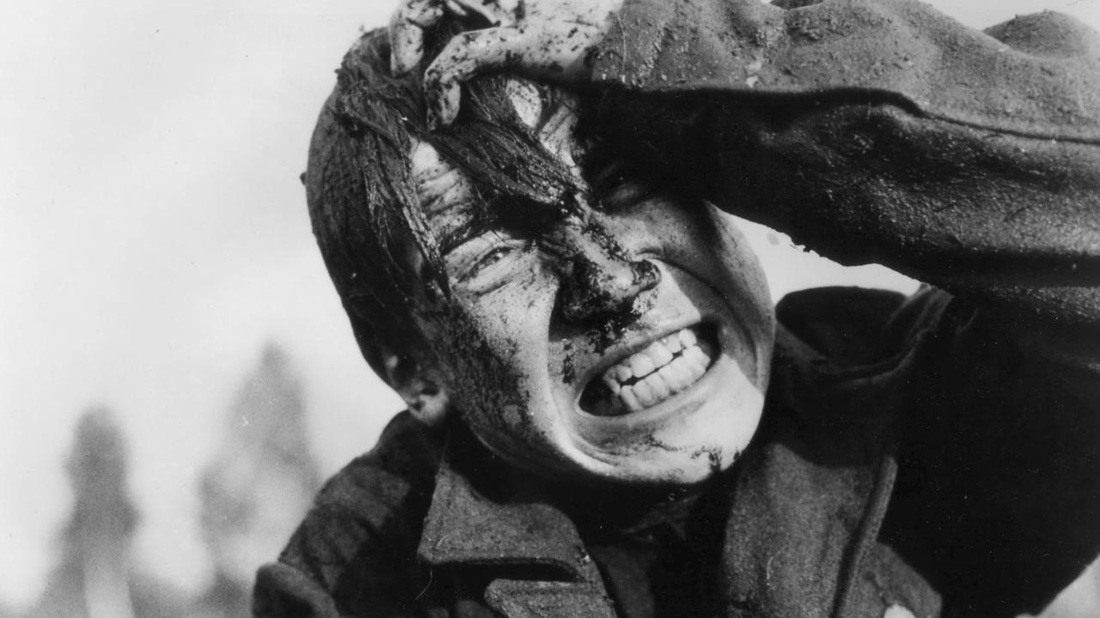
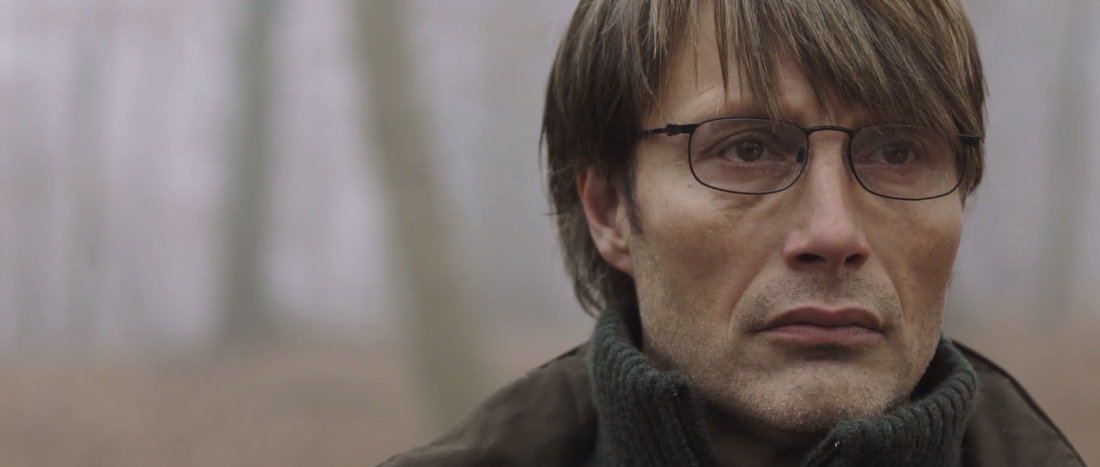
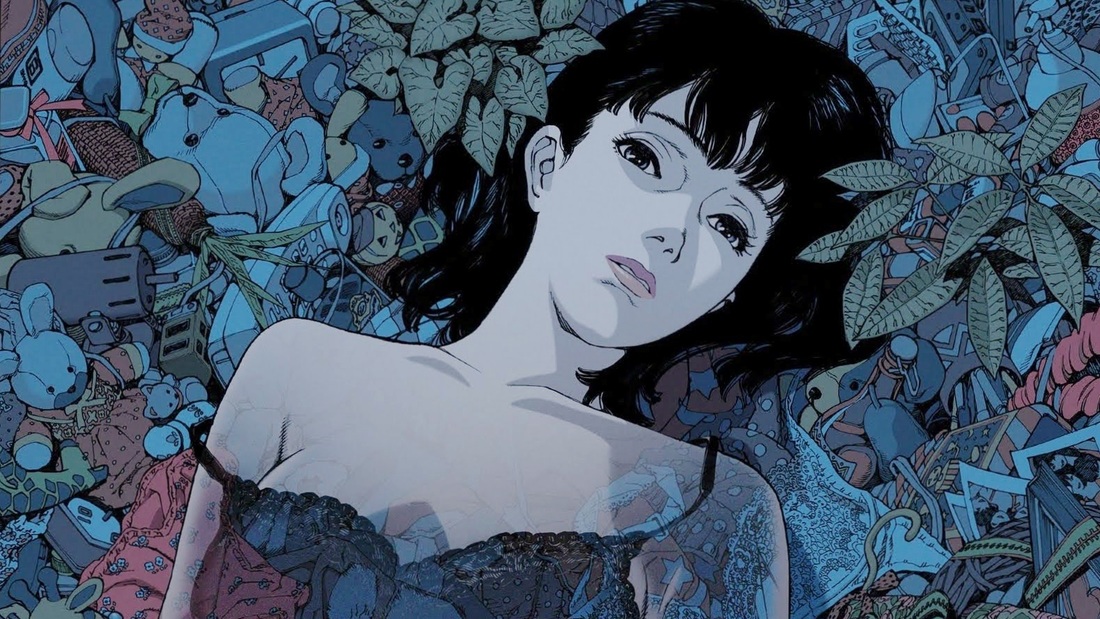
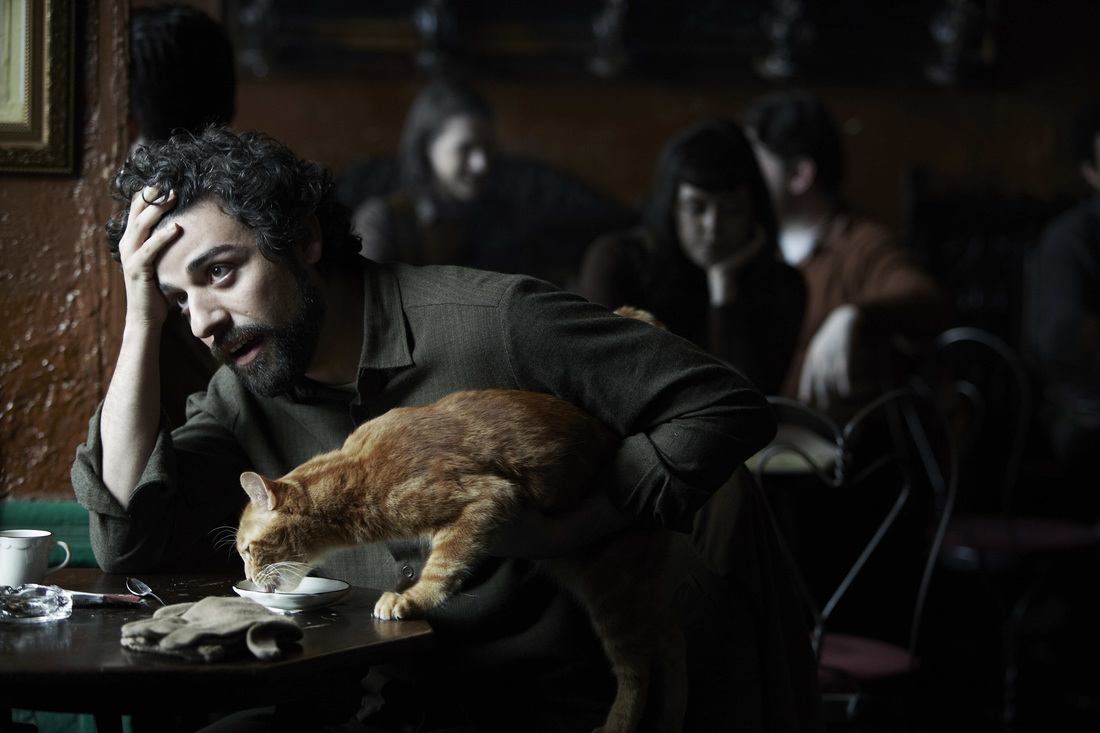
 RSS Feed
RSS Feed
